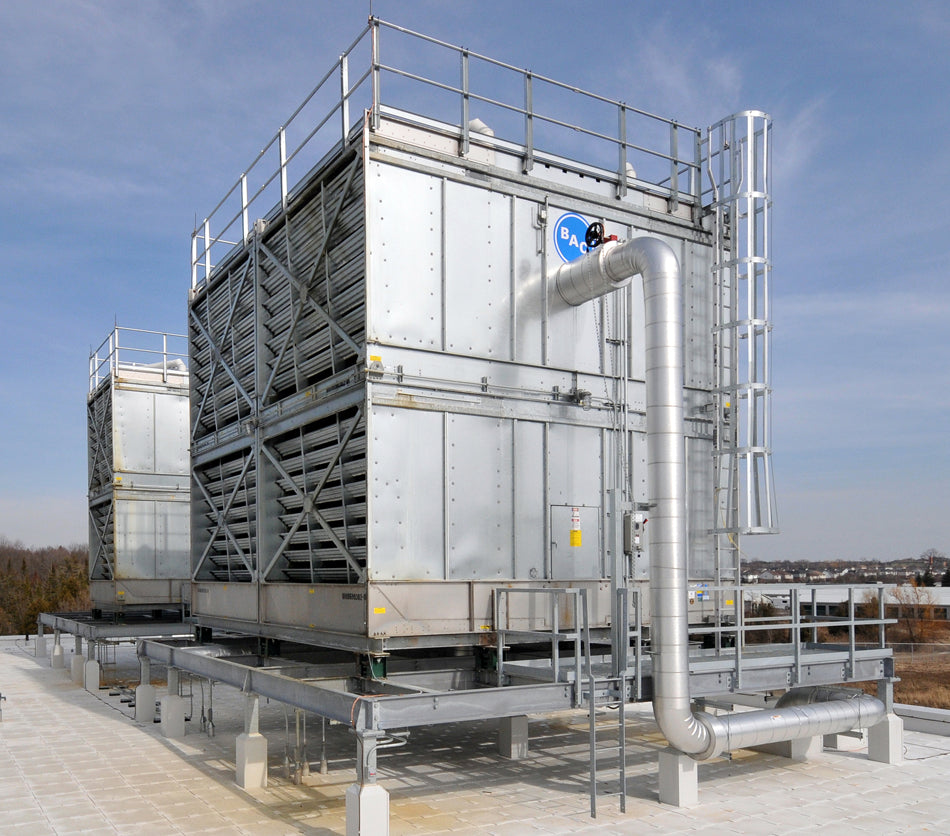
Legionella is increasing: the silent threat in our water
Share
In recent years, we have seen a worrying trend in the Netherlands: the number of patients who become seriously ill from Legionella is increasing rapidly. Last year, more than nine hundred people were admitted to hospital with serious pneumonia, with probably dozens of fatal consequences.
Over the past decade, the number of people admitted to hospital due to Legionella bacteria has more than tripled. The exact cause of this increase remains a mystery to the RIVM, as it is often a challenge to trace the source of the infection.
We know that in the past, several people have been infected via wastewater treatment plants, hot tubs or wet cooling towers. "We have indications that the majority of people become ill because the Legionella bacteria are present in the environment," says Alvin Bartels, policy advisor infection prevention at the RIVM.
Interestingly, we see a peak in cases after a prolonged warm period followed by rainfall. Also last year, especially during the summer months, many patients were admitted to hospitals with severe pneumonia. It is estimated that around 5 to 10 percent of hospitalized patients eventually succumb to the infection, which means that dozens of people died from Legionella in 2023 alone.
The real danger, however, lies not only in the acute phase of the disease; patients can suffer from long-term symptoms after infection. That is why the Veterans Disease Foundation warns of the dangers of polluted water. “You can indeed become very ill from water,” says vice-chair Diana Snijder. This patient organization observes individuals who develop similar long-term symptoms as post-COVID. “These people experience persistent fatigue and concentration problems. I know people who have not fully recovered even after five years.”
However, even the reported cases probably represent just the tip of the iceberg. “These are only the patients who have been admitted to hospitals and tested. But many people may not even know that they have a Legionella infection,” Snijder explains. This is partly because not everyone becomes seriously ill and an infection can also cause mild symptoms.

To better monitor the bacteria, the Legionnaires' disease advocates more testing by general practitioners. "During the COVID-19 pandemic, we were all encouraged to get tested. This disease is similar to COVID-19, but almost no one gets tested," says Snijder. The RIVM confirms that people aged 40 and over are increasingly at risk of serious illnesses due to Legionella.
Although preventing Legionella infection is a challenge, some precautions can be taken. “Avoid misting and do not leave bags of garden soil in the sun,” Snijder advises. Bartels adds: “If you have a hot tub in your garden, it is wise to clean it regularly. You cannot prevent it completely, but the chance of getting sick is fortunately still relatively small.”
It is 25 years ago that a major outbreak occurred in Bovenkarspel, in which 32 people died from Legionella in a short period of time. This memory underlines the urgency of understanding and tackling this potentially deadly bacteria.
Legionella is a serious threat to public health and it is vital to raise awareness and take action to mitigate and reduce this threat. Water is essential for life but in some cases can have a devastating effect on our health.
